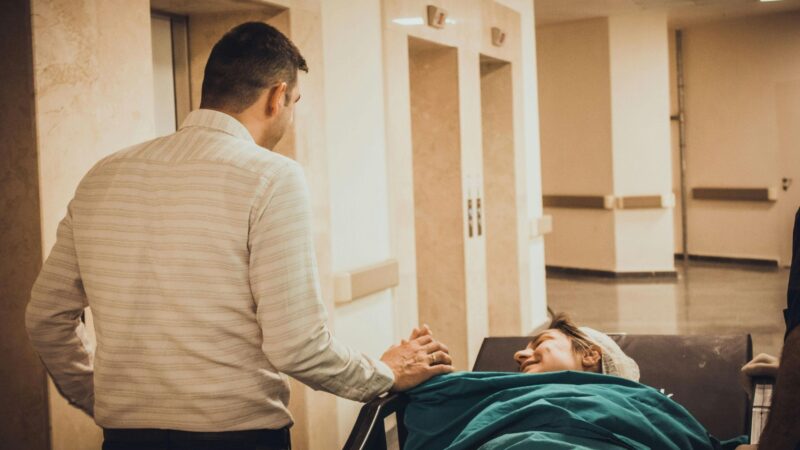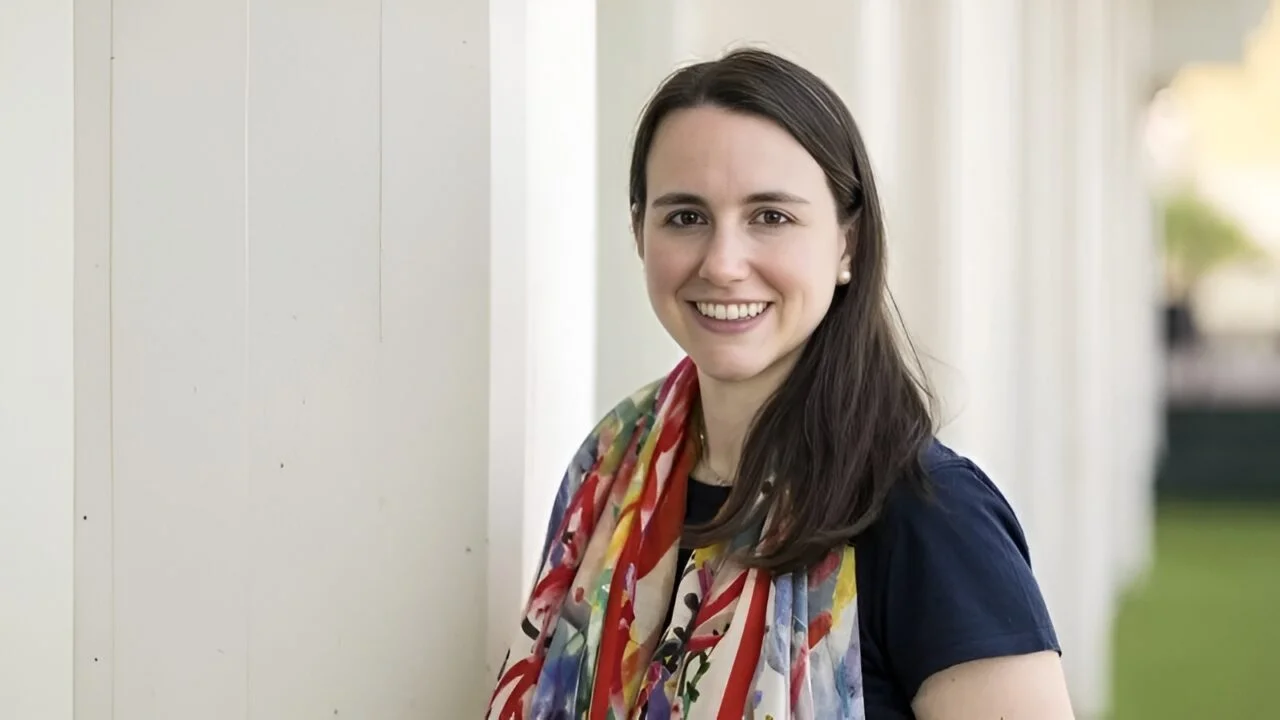Celia Diez de los Rios, Lecturer at the University of Navarra, Spain, Board Member at From Testing to Targeted Treatments (FT3), shared a post on LinkedIn by Moyez Jiwa, Professor Emeritus at The University of Notre Dame Australia, adding:
“I saw this post from Moyez Jiwa about patient-centred care, shared decision-making, and lung cancer, and it really resonated with me and the work I’m doing with the European Oncology Nursing Society (EONS), Grigorios Kotronoulas University of Glasgow.
Both Moyez and many of the people participating in The Good Day Project talk about patient-centred care and the importance, but non-existent invitation into the design of care itself.
That’s the power of The GoodDay Project. Because the ‘good day’ is different for everyone.
So here’s my invitation to everyone reading this post:
If you’re a person living with lung, oesophageal, liver, pancreas, stomach, or brain cancer, please consider contributing to our GoodDay Project.
Would love to have you with us.
Please do just send me a message, and I will tell you more about the project.”
Quoting Moyez Jiwa’s post:
“Transforming Healthcare Outcomes Through Partnership in Decision Making
Cancer treatment decisions reveal a crucial lesson for healthcare: outcomes can be changed when we prioritize partnership in decision making, even in life-limiting illness.
A literature review led by myself and colleagues (Davidson et al., 2011) found wide variability in how patients and physicians perceive chemotherapy benefits for lung cancer. Patients often place high value on survival benefits, while physicians focus heavily on treatment toxicity and side effects.
This mismatch affects treatment choices, long-term survival, and quality of life.
The clear takeaway? We must improve communication strategies to better align patient and clinician priorities. When patients truly understand treatment benefits and risks, and clinicians appreciate patient values, care decisions become more collaborative and patient-centered.
Reflecting these insights in clinical guidelines can heighten clinician awareness and ultimately improve outcomes. Partnership in decision making isn’t just a nice-to-have; it’s essential for meaningful progress.
Tagging colleagues passionate about patient-centered care and communication in oncology, such as Patricia Davidson, Ann Graham, and others, advocating for improved cancer care.
Let’s commit to listening better and working closer with patients facing serious illness to change outcomes together.”

More posts featuring Celia Diez De Los Rios on OncoDaily.


